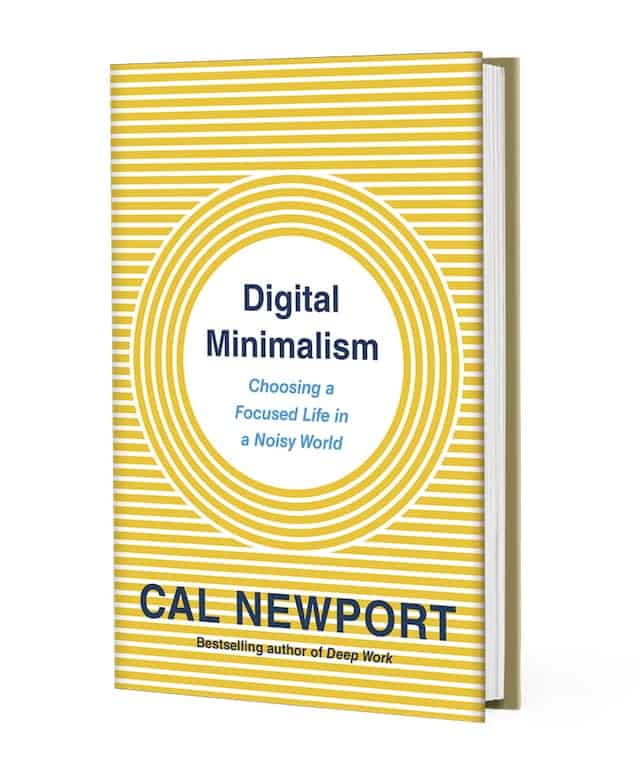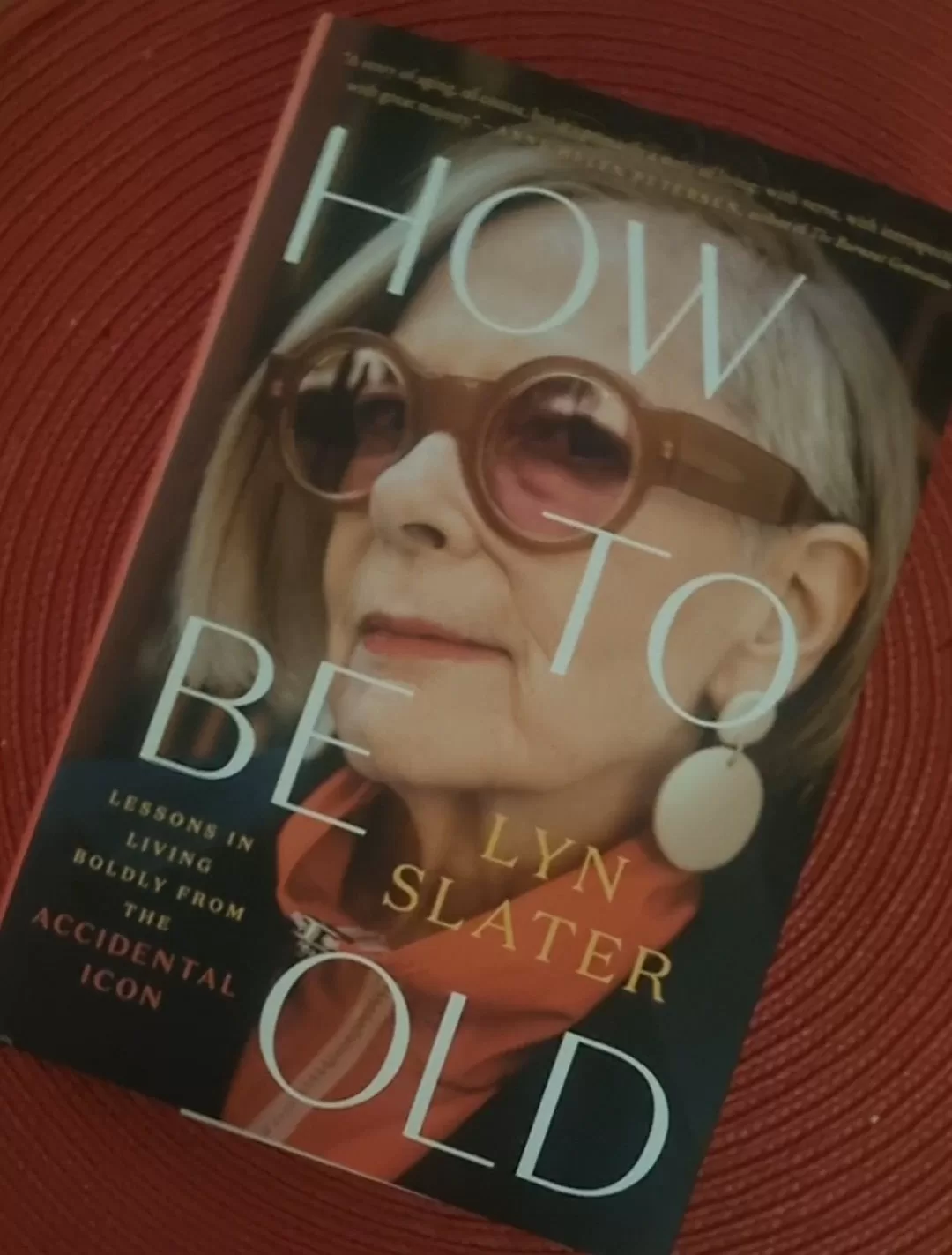This post has been a long time coming due to the fact that I was recently locked out of nearly all my accounts (including a problem with this website)– a timely problem given the topic of today’s blog. Though I do admit that I had a bit of FOMO (Fear of Missing Out for those of you not up to date on internet slang) during this time, I ultimately missed nothing and found myself scrolling much less. Not only was I wasting less time, I also encountered less temptations to buy new things that I didn’t need. Yet, after regaining access to my accounts I did find myself giving into some of the same temptations to mindlessly scroll. As a result, I turned to the experts to see what they had to say about social media and spending too much time online.
The purported dangers of social media and high screen times aren’t exactly new to any of us. But, what I didn’t really start to notice until I began my low-buy year last January was how everything on my phone seemed poised to try to sell me something. Avoiding buying things in real life was easy– I just didn’t go shopping. However, whenever I opened up instagram or Facebook I was treated to carefully curated advertisements for beautiful dresses, new summer outfits, and shoes that the algorithm knew were just my style. I often found myself clicking on the ads and online shopping until I reminded myself that I wouldn’t be adding any of these items to my cart.
I also began to notice how my friend’s posts also made me want things in a different way. I would see my friend’s new outfit on their seemingly perfect trip abroad and feel like I was missing out because in comparison, my clothes are less trendy and I had never visited the place she made look so good.
In our twenties, our lives begin to diverge more and more from those of our college friends due to the different choices we make surrounding careers, our romantic lives, major purchases like cars and homes, and even the cities in which we live. Social media is a place where people often show off the fruits of their decisions and can make alternative life paths look deceptively good. It can make us think that maybe if we had chosen a career in consulting or had gone to law school we too could be sipping tequila looking over clear water. It doesn’t show us the hundreds of hours in which those decisions would also make us miserable. On the one hand, this is an inevitable problem we will likely face at one point in our lives and understanding our own values can help us to navigate situations like this. On the other, if we consistently find ourselves engaged in these comparisons, the role of social media cannot be discounted.
In response to these issues and others, there has lately been a trend of young people giving up their smartphones to return to “dumb” phone models such as flip phones at least partially in an effort to be less online. Recently, on my own travels, I met a woman in a hostel who only brought a flip phone on her solo trip to Central Asia. While I was impressed, I recognized the issues and even potential dangers of this approach. While traveling solo, especially as a woman who was traveling in a country where I don’t speak the local language, I find it imperative for safety reasons to be able to access google maps and google translate has also been similarly useful at times.
These examples clearly show what we all know, technology isn’t all bad. It can be very useful and improve our lives as long as we use it intentionally and don’t let it control us. In Digitial Minimalism, Carl Newport argues that everyone should start their journey into digital minimalism with a thirty-day digital detox so that we are able to see what we actually value about technology and what is simply noise. The goal is to emerge from the detox, adding back only the things we value while eliminating the rest. He also delves into other subjects in the book such as prioritizing what he calls “high quality leisure time” over mindless content consumption. I definitely recommend checking the book out at your local library if you want to learn more.
Inspired by Newport– though I confess I did skip the thirty-day complete detox– and refined by my own experiences, I compiled a list of how I plan to stay off my phone in the future
- Prioritize calling over texting, sending funny videos back and forth on instagram, and other forms of communication. Talking on the phone fosters real connection that other forms of communication don’t provide. Avoid long open ended text conversations (the ones that seem to go on for days) and use texting for quick chats and making plans.
- Only answer texts when you are fully present, unoccupied, and willing to get a response. The faster you answer texts, the more you will receive.
- Set times when you are available to talk on the phone and let other people know they can reach you then. For example, every Tuesday – Friday I walk home from work. It takes about forty minutes and I often use that time to call my mom.
- Turn off notifications for unnecessary apps. This is something I did a long time ago and it is really nice in cutting down on digital noise. It also keeps you from opening social media apps as often. Currently, my only notifications are for texts and calls and I don’t have a ringtone.
- Delete social media apps off your phone. This increases the amount of effort needed to access social media which means that you will find yourself turning to it less often. If it’s important for you to keep up with certain friends online, you may log in on your computer occasionally. If it’s not, you may find yourself completely forgetting about your accounts. This is a newer one for me that I am looking forward to seeing the results of!
- Block sites you impulsively scroll on. I recently downloaded an app that lets you block three sites for free on your phone browsers. For me, it’s really important that I blocked Linkedin on my phone as I have a tendency to compulsively scroll through new jobs, always thinking another will be better than the one I currently have.
- Think twice about who you give your contact information to. I recently went through and unsubscribed from the hundreds of emails I was receiving per day due to enticements to subscribe for discounts at all sorts of shops and even restaurants. Some establishments will even send text updates. Removing all these unread emails from my inbox and preventing their return was one way to declutter my digital life. Now, I am very selective about who I will give my contact information to and am very reluctant to use services that require you to download an app or make an account.
Ultimately, there is a great deal of truth in Annie Dillard’s quote, “How we spend our days is how we spend our lives” and I’ve decided that I don’t want to spend my life scrolling. I think these steps are a good start and not too difficult for me to implement in my life. What about you? Do you have any tips to stay off your phone or other digital devices? Let me know in the comments.




